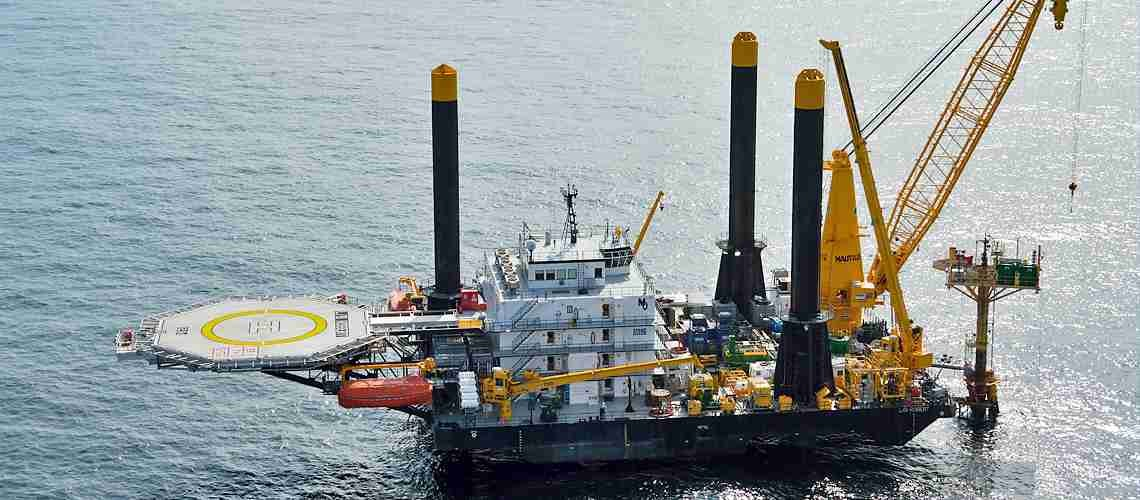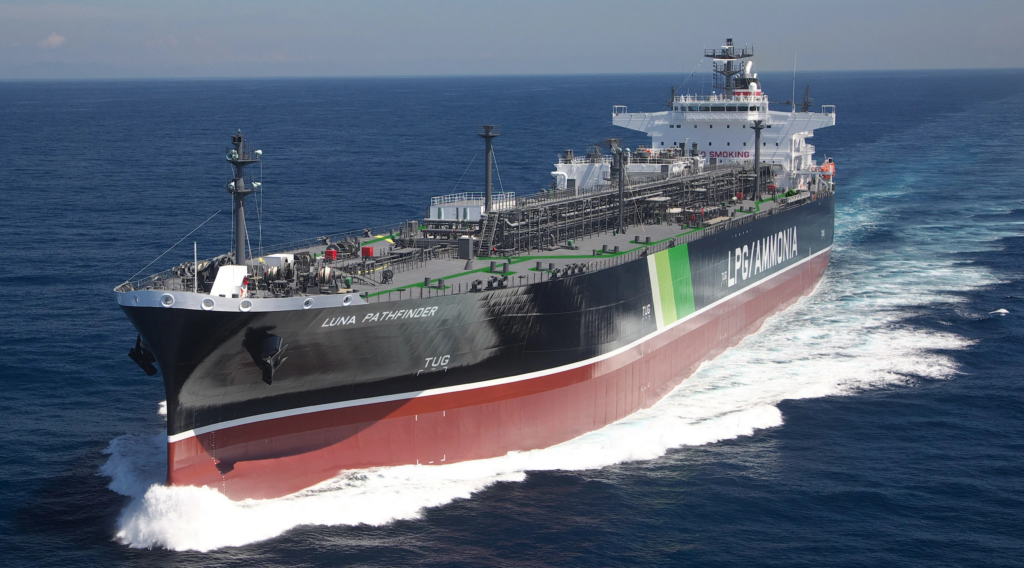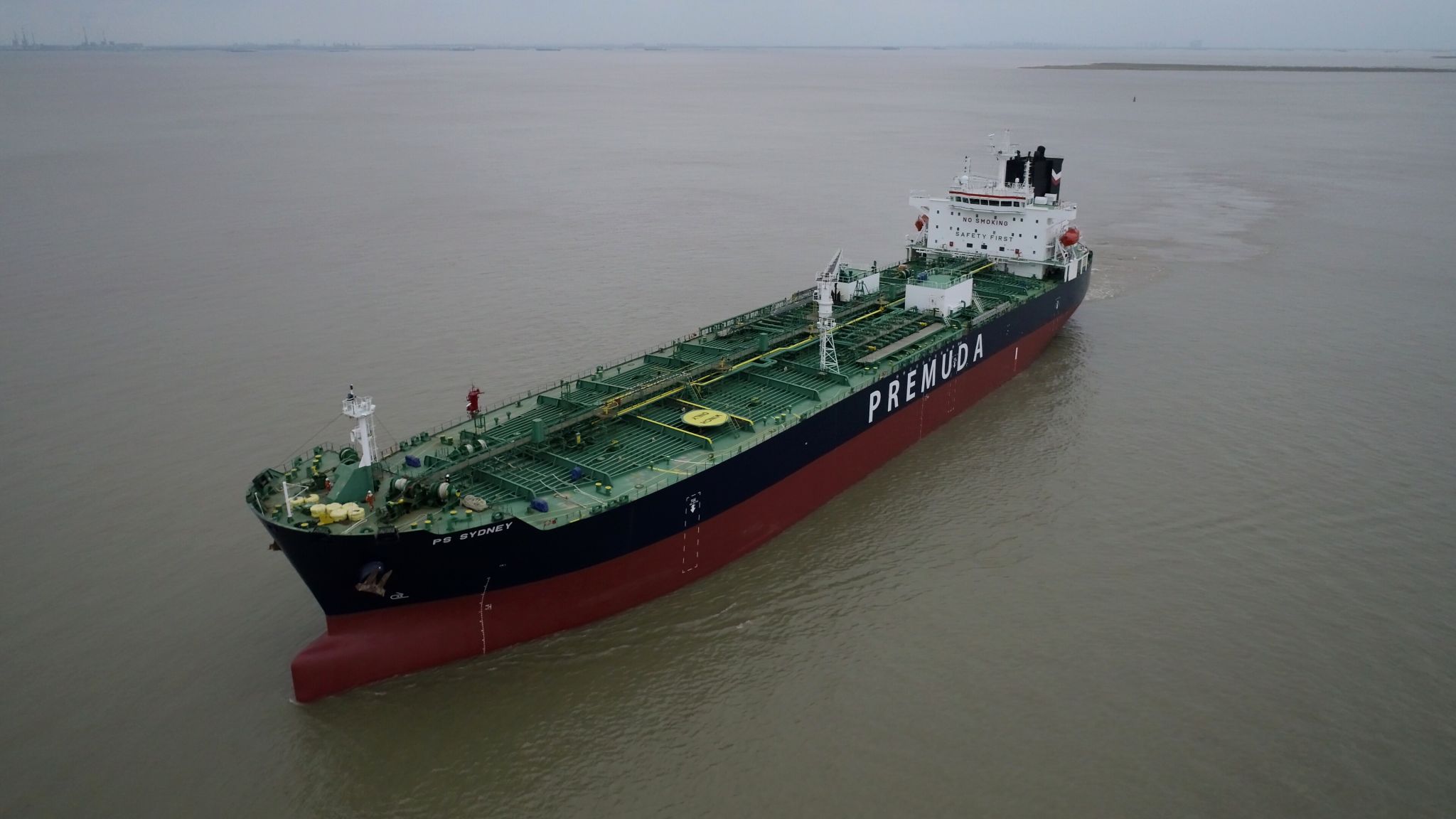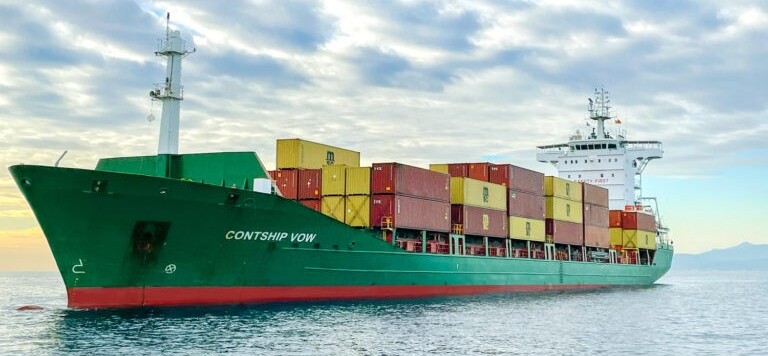Splash247: Welcome to the future of self-optimising ships
AI will transform tomorrow’s systems to provide self-optimising ships under human supervision, reckons the head of OneLink Performance, a solution that unites a number of performance platforms within one, providing a set of digital services and solutions to the shipping industry.
AI is set to be the biggest transformative shift for maritime with tomorrow’s systems being able to decide and execute, says Pankaj Sharma, a master mariner and managing director of OneLink Performance. “The future is self-optimising ships with human-in-the-loop supervision,” he says.
The widespread adoption of AI-driven autonomous decision support systems that integrate multi-source data, including weather, vessel condition and port logistics, will be the next big step for the industry, Sharma says.
Enhanced digital twins of vessels will enable real-time simulation, condition-based monitoring and predictive maintenance, reducing downtime and extending asset life cycles, he predicts. Furthermore, blockchain-enabled secure data sharing will revolutionise transparency and compliance across the maritime supply chain, he reckons.
Automation will shift the paradigm from reactive to predictive operations
OneLink’s new tool, called my AI assistant, is designed to act as an onboard operation co-pilot. It will not only monitor KPIs but also recommend actions such as adjust RPM to reduce SFOC drift or initiate lube oil top-up based on trace iron levels.
My AI assistant can simulate three different RPM profiles for a voyage and suggest the most carbon-efficient plan, considering both technical and commercial metrics. It will also help find engine anomalies, suggesting not only what happened, but why, and how to avoid it.
“Automation will shift the paradigm from reactive to predictive operations. Today’s systems report, whereas tomorrow’s systems will decide and execute under human supervision,” Sharma says, adding: “AI will later evolve from predictive analytics to prescriptive and cognitive systems that can autonomously adjust vessel parameters and coordinate fleet-wide operations.”
Enhanced natural language processing and augmented reality interfaces will further empower crews, he says, something that will improve situational awareness and decision-making efficiency while maintaining safety and regulatory compliance.
Related Posts





